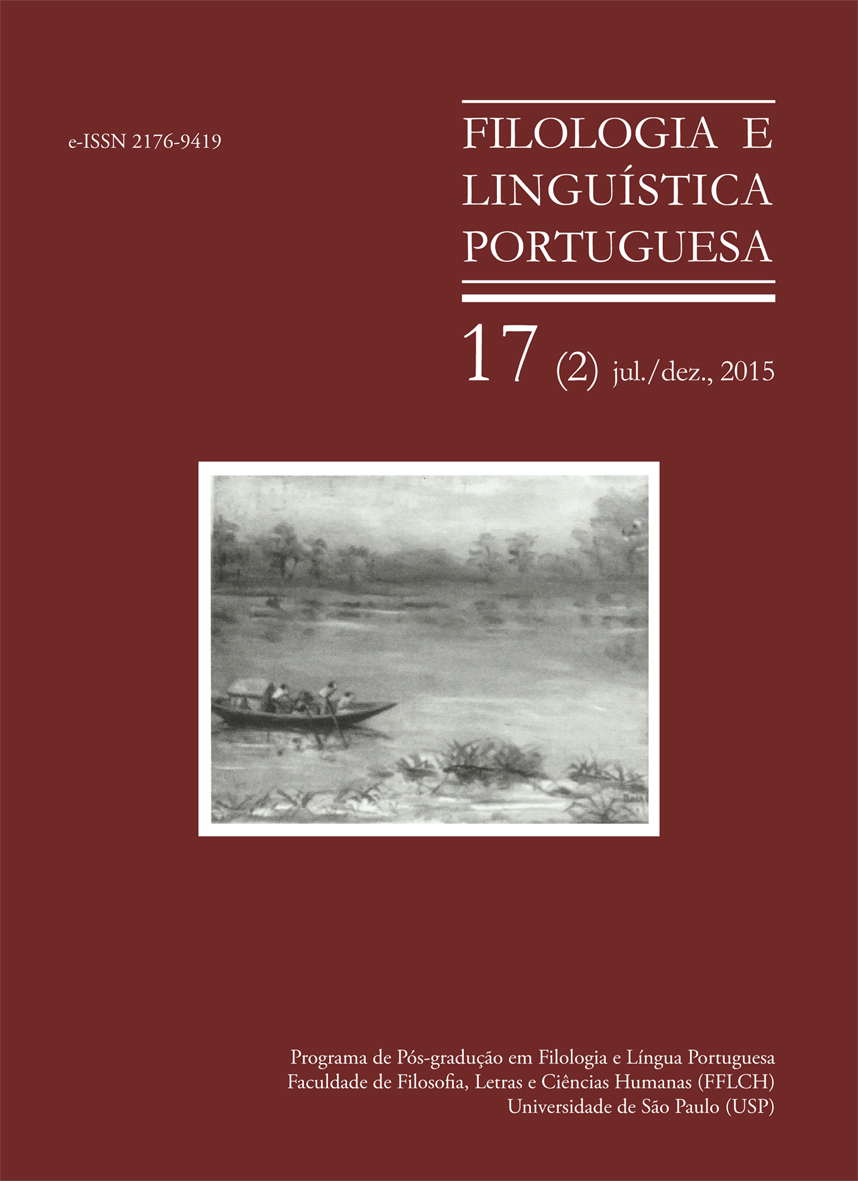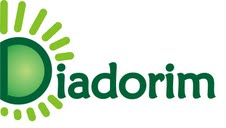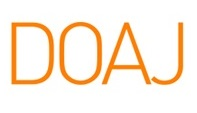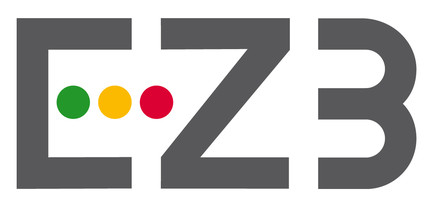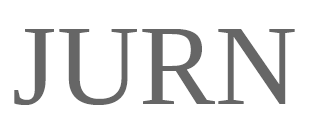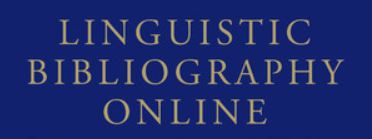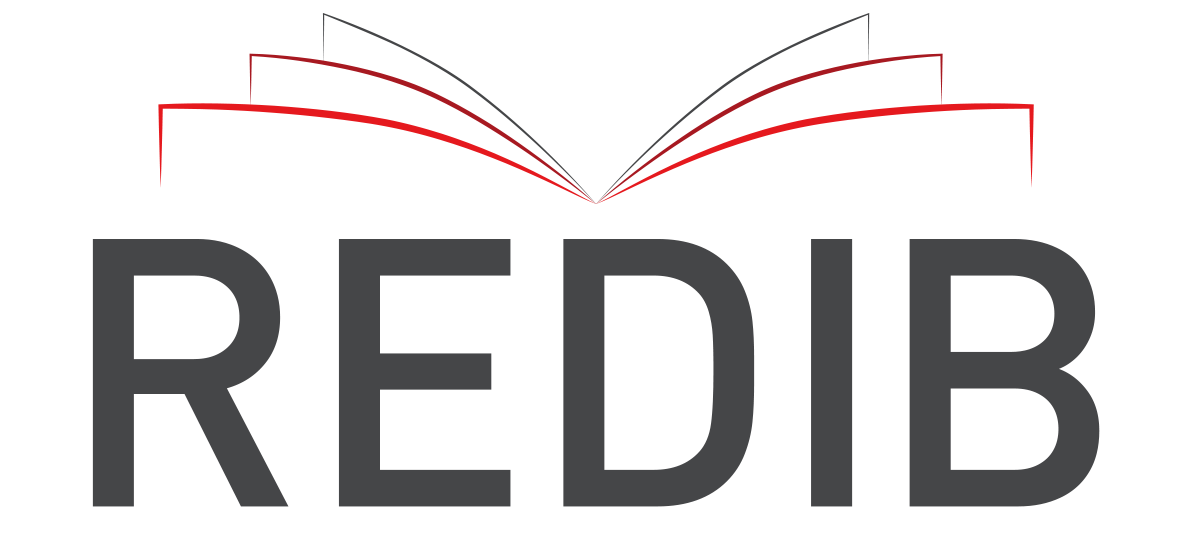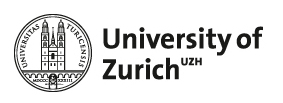(Portuguese) Language and identity: aspects of Maranhão speech
DOI:
https://doi.org/10.11606/issn.2176-9419.v17i2p295-308Keywords:
Language. ALiMA. Identity. Variation.Abstract
The present work deals with contents related to the lexicon of Brazilian Portuguese, especially in the state of Maranhão. Discussions will be carried out on the dialect composition of Maranhão, highlighting the influences of different people (indigenous and non-indigenous) that helped create its linguistic identity. The study was theoretically guided by researches developed by professors from ALiMA (Linguistic Atlas of Maranhão) and by authors such as Antunes (2009) and Ilari e Basso (2007), which produced and published surveys focused on the linguistic identity of people in general and variations of Brazilian Portuguese. This paper attempts to demonstrate that (spoken and written) Portuguese language varies not only in Maranhão, but also in the whole country, therefore demonstrating the lack of homogeneity in the language inside the same territory. Furthermore, the study emphasizes different levels of language variation with greater attention to phonetic-phonological and semantic variations of many words used in São Luís, the state capital, in relation to some other cities in the countryside of the state. Linguistic terms commonly found in the dialect of Maranhão will be presented through the use of a small popular dictionary that describes their meanings.Downloads
References
Antunes I. Língua, texto e ensino: outra escola possível. São Paulo: Parábola Editorial; 2009.
Brandão T. Quilombo: cadernos de folclore. Rio de Janeiro: FUNARTE; 1978.
Brasil. Instituto Brasileiro de Geografia e Estatística. Censo Demográfico 2010. Bra- sília: IBGE; 2010. Disponível em:<http://www.ibge.gov.br/home/estatistica/populacao/ censo2010/default.shtm>. Acesso em: 11 set. 2015
Câmara Júnior JM. Introdução às línguas indígenas brasileiras. 3. ed. Rio de Janeiro: Ao livro técnico S/A-Indústria e Comércio; 1977.
Carneiro JD. Povos e línguas indígenas no Maranhão: contato linguístico [tese]. Rio de Janeiro: Universidade Federal do Rio de Janeiro; 2014.
Gonçalves JR. Pequeno dicionário popular do Maranhão. São Luís: Gráfica da Universidade Federal do Maranhão; 1994.
Ilari R, Basso R. O português da gente: a língua que estudamos, a língua que falamos. São Paulo: Contexto; 2007.
Ramos CMA, Rocha MFS, Bezerra JRM. A diversidade do português falado no Maranhão: o atlas linguístico do Maranhão em foco. São Luís: Edufma; 2006.
Ramos CMA, Rocha MFS, Bezerra JRM. O português falado no Maranhão: múltiplos olhares. São Luís: Edufma; 2010.
Ramos CMA, Rocha MFS, Bezerra JRM. O português falado no Maranhão: estudos preliminares. 2. ed. São Luís: Edufma; 2010a.
Downloads
Published
Issue
Section
License
Copyright is transferred to the journal for the online publication, with free access, and for the printing in paper documents. Copyright may be preserved for authors who wish to republish their work in collections.


